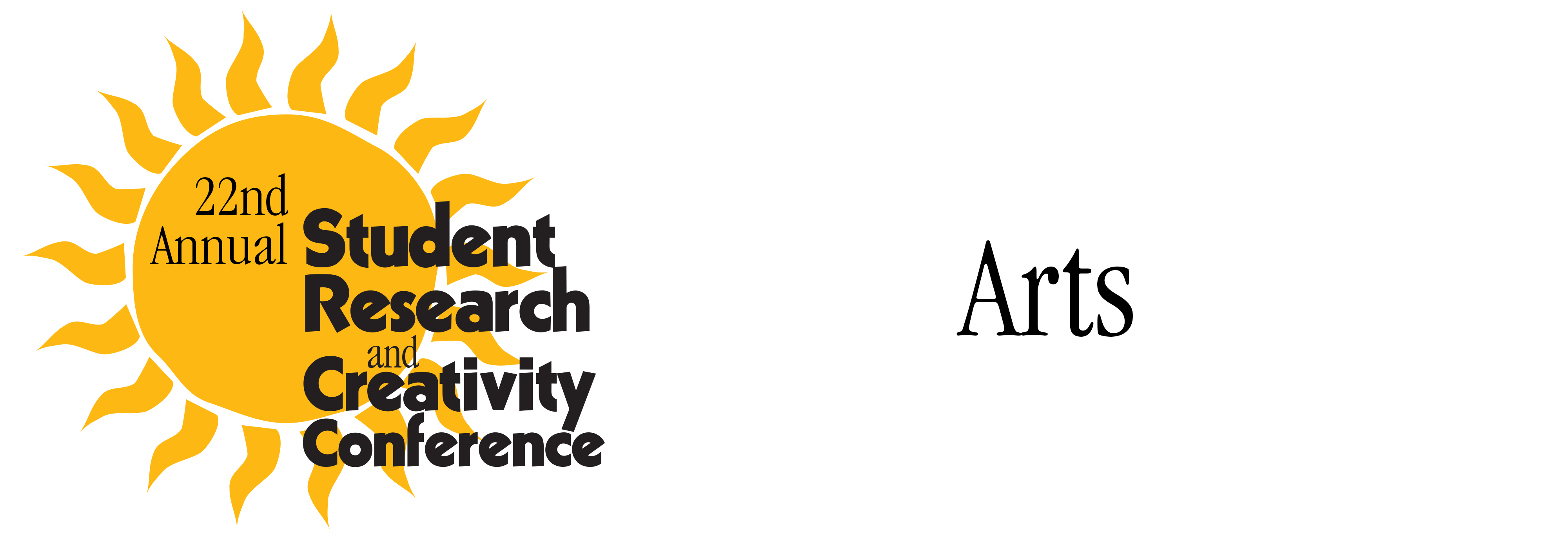
Title
Files
Download Full Text (4.0 MB)
Description
Mason Battle, MUS 303: Music History 2
Faculty Mentor: Professor Carolyn Guzski, Music
Johannes Brahms’s (1833-1897) Ein Deutsches Requiem [A German Requiem], op. 45 (1868) is his longest composition and a major musical work of the Romantic era. The Requiem (“Mass for the Dead” in Roman Catholic tradition) unfolds in seven movements scored for mixed chorus, orchestra, and soprano and baritone vocal soloists. This highly expressive work was written in a state of deep mourning, as Brahms began to create it in the year of his beloved mother’s death. Brahms may also have been inspired by lingering melancholy over the tragic premature death of his colleague and champion Robert Schumann in 1856. Brahms’s devotion to a religious work even during this extended mourning period may come as a surprise, given the modernist interpretation of Arnold Schoenberg’s widely-read “Brahms the Progressive.” Schoenberg’s article, which painted Brahms as an agnostic progressive, carried on this idea for years after its publication. But this may not be the full story. As Brahms was a native of Hamburg, a city with a significant Protestant heritage, one may rightly assume that he was greatly exposed to German Lutheran traditions. After analyzing the Requiem in detail, I conclude that it is safe to say Brahms was a pious man. Brahms uses exclusively text from the Lutheran Bible that is commonly interpreted as a Requiem for the living, as opposed to the focus on the afterlife of the Catholic Requiem. Though the Lutheran sacred vernacular differs immensely from the original ecclesiastical Latin source, Brahms still invokes a strongly Christian essence in his music without ever bringing the name of Jesus, or even God, into the text of the work. In mourning his mother, Brahms immersed himself in his art and naturally turned in Ein Deutsches Requiem to the comforts of faith.
Publication Date
2020
Disciplines
Arts and Humanities
Recommended Citation
Battle, Mason, "Brahms: A Pious Mourner" (2020). Arts. 22nd Annual Student Research and Creativity Conference. SUNY Buffalo State.
https://digitalcommons.buffalostate.edu/srcc-sp20-arts/3



